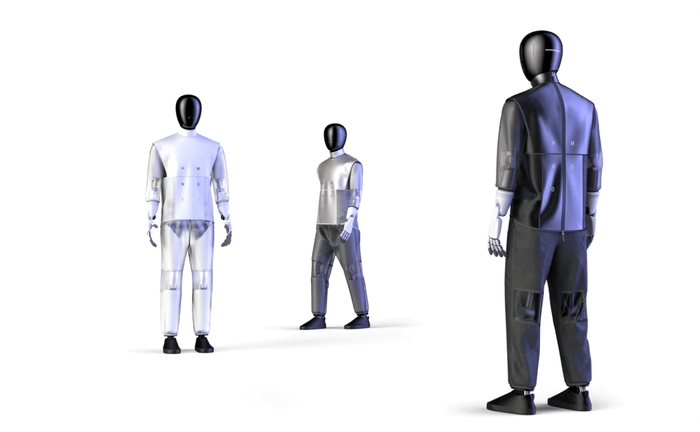Flying Taxi Company Expands at Michigan AirportsFlying Taxi Company Expands at Michigan Airports
Beta Technologies already has 20 charging sites on the east and gulf coasts, with 50 more in development
.jpg?width=1280&auto=webp&quality=95&format=jpg&disable=upscale)
Air taxi developer Beta Technologies of Burlington, Vermont, has received a $2.6 million grant from the state of Michigan to help scale advanced air mobility (AAM) in Michigan.
This grant came through Michigan’s AAM Activation Fund to create a centralized pipeline of projects to drive AAM growth in the state.
Beta intends to use the grant to install multimodal chargers at Cherry Capital Airport (TVC), Capital Region International Airport (LAN), West Michigan Regional Airport (BIV) and Willow Run Airport (YIP) as a start of a charging network to support electric aerial vehicles (EAV).
Beta has 20 charging sites on the east and gulf coasts, with 50 more sites in development, according to the company.
“Advanced air mobility has the power to change the way we move goods and people in a significant way,” said Nate Ward, head of network development at Beta. “It will increase operational safety and reliability while also reducing costs and emissions. Beta is focused on building dependable and accessible charging infrastructure that will enable this new mode of transportation.”
Late last year, Beta was granted $20 million from the state of New York to expand its operations at Plattsburgh International Airport.
That grant came through Clinton County from Empire State Development’s Regional Economic and Community Assistance Program.
As part of the deal, Beta agreed to create 85 full-time jobs.
The new facility is intended to become the manufacturing and final assembly hub for Beta’s electric aerial vehicles (EAV) and to create a permanent flight test and EAV delivery center, for final flight testing, vehicle painting and customer delivery.
Beta’s test flight center at Plattsburgh has been the starting point of most of its innovative technology.
Many of Beta’s flight milestones were completed in New York State.
Beta has orders for its flying vehicles from UPS, United Therapeutics, Bristow, LCI, Blade and Helijet, and has contracts with the U.S. Air Force and Army.
New York state has been investing in building clean transportation infrastructure in the state, including investing more than $2.7 billion for clean transportation initiatives.
Beta was also approved for a $169 million loan to finance its net-zero final assembly production facility from the Export-Import Bank of the United States (EXIM).
That was part of EXIM’s Make More in America initiative, estimated to support 400 clean energy jobs in Vermont.
Beta has a manufacturing facility in Vermont for the large-scale production of its electric aircraft.
The 188,500 square-foot facility is located at the Patrick Leahy Burlington International Airport, where Beta plans to build its eVTOL (electric vertical takeoff and landing) and CTOL (conventional takeoff and landing) aircraft.
Beta’s Alia vertical and conventional takeoff vehicles are targeted for military and commercial use, including for medical, defense and passenger industries.
Beta has been working on developing its electric with numerous aerospace suppliers including Albany Engineered Composites, Advanced Integration Technology, Garmin, Sensata Technologies, Volz Servis and Solvay.
The new production facility, on a 40-acre site at the airport, could ultimately produce 300 EAVs a year, according to the company.
The company also has locations in Plattsburgh, New York, Washington, D.C., Montreal, Canada, Raleigh, North Carolina and Springfield, Ohio.
Beta has partnered with AFWERX, the innovation arm of the U.S. Air Force that leverages the Air Force Research Laboratory for this program.
Beta installed aircraft electric charging stations at Eglin Air Force Base to service the electric flying vehicle there.
Beta’s eVTOL aircraft is planned for service in 2025 with its vertical version in service the following year.
Many EAVs are eVTOLs, which do not require traditional runways, since they take off and land straight up and down.
Vertiport facilities to manage the takeoff, landing, charging and maintenance of such vehicles are being established by companies such as Florida-based Aeroauto Global, which is also developing retail showrooms for flying vehicle sales.
Read more about:
Flying CarsAbout the Author
You May Also Like







